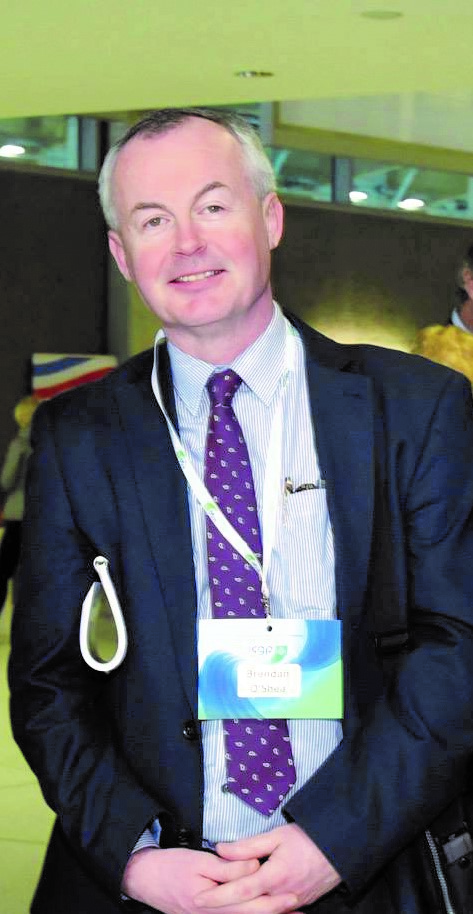The challenges faced by the country due to the pandemic have resulted in a delay progressing free contraception for women in Ireland, according to the Department of Health. In 2019, then Minister for Health Simon Harris told the Dáil that free contraception for women would be in place by 2021. The Programme for Government, developed after the last general election, included a commitment to expand access to free contraception for women aged 17-to-25 only. A working group was established in April 2019 on foot of a recommendation by the Joint Committee on the Eighth Amendment of the Constitution that contraception should be free. The group’s report, published in October 2019, identified barriers to accessing contraception and the mechanisms available to overcome these difficulties.

It identified that the cost of providing free contraception to those aged 16-to-44 years with 100 per cent uptake would be €156 million annually. Contraception is free at the point of access to all in the UK through the NHS. Dr Brendan O’Shea, Assistant Adjuvant Professor in Primary Care and Public Health at Trinity College Dublin, said that for many women who had unplanned pregnancies, the cost of attending a doctor and pharmacy was a “significant deterrent and barrier”. “Many of them, who run the household budget, are in straitened circumstances. They will take chances with contraception when faced with choices between the costs of schoolbooks, food, clothes, and other necessities for their family. “Irish society is an absolute outlier in Europe in asymmetrically assigning the costs of contraception to women, given that this care is free at point of service for all other European citizens.”
Doctors see a “constant stream of women in need of termination referring to affordability of contraception as a factor in their predicament”, he added. According to a Department spokesperson: “There remains a sizeable body of work that needs to be addressed in order to develop and finalise the policy approach, bring forward the necessary legislative proposals and lastly to ensure the implementation of service delivery arrangements. “Unfortunately, the need to focus on and prioritise the response to the current pandemic has delayed progress on this issue during 2020. Nonetheless, the Government is clear in its wish to continue to promote women’s health and wellbeing.”












Leave a Reply
You must be logged in to post a comment.